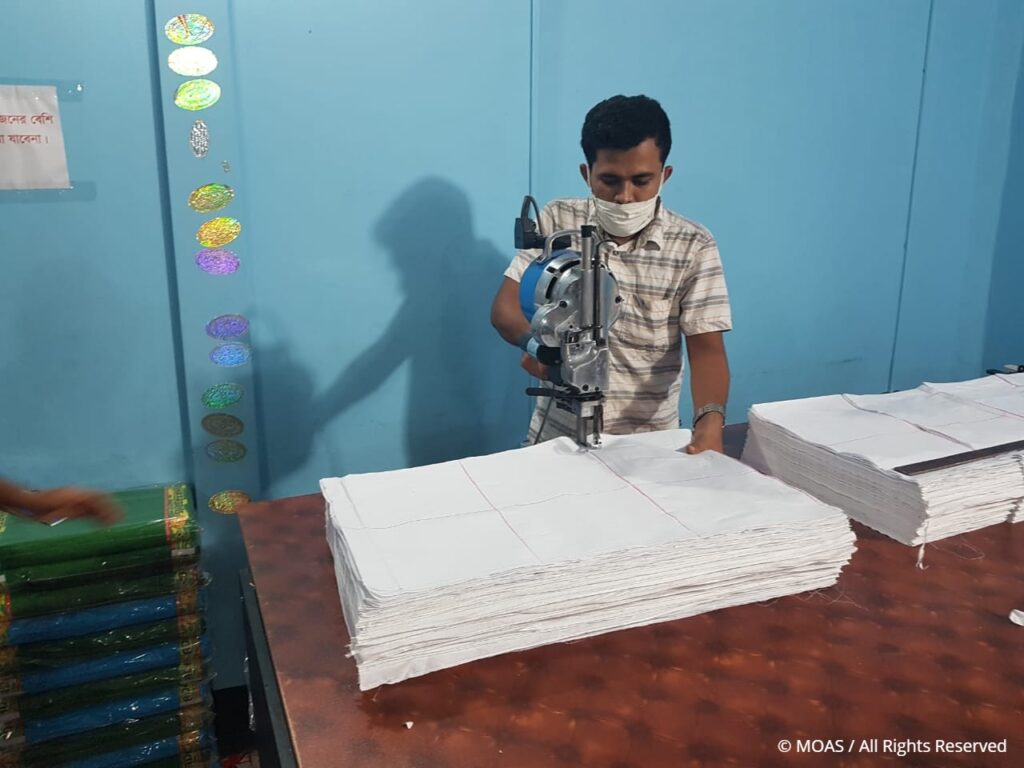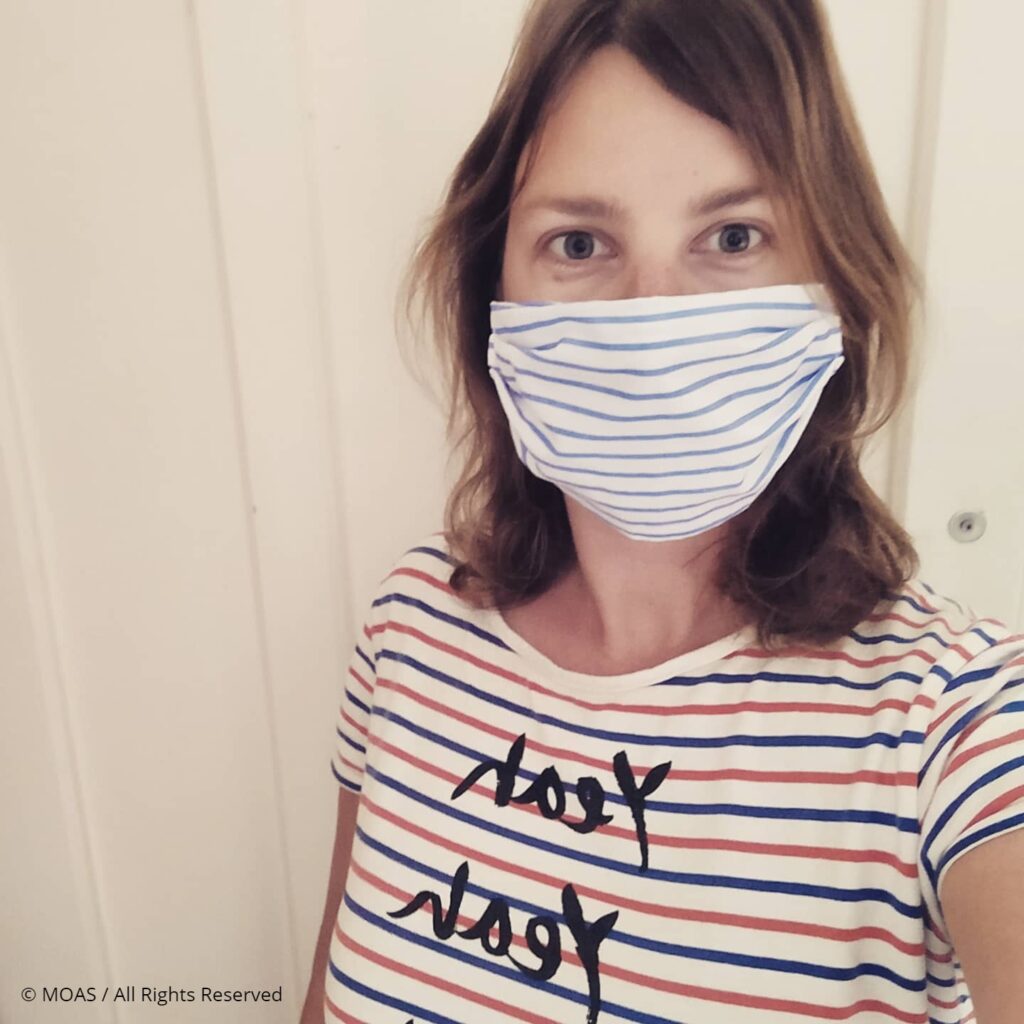Every year on August 19th we celebrate World Humanitarian Day to show our support for aid workers who put their lives in challenging positions in the name of humanitarian service, and to demonstrate global solidarity with those across the world who are affected by crises and are in need of humanitarian assistance.
This year the humanitarian sector has had to face an array of additional challenges to its work in the face of the COVID-19 pandemic and for #WorldHumanitarianDay 2020 we recognise the dedication of humanitarian organisations and humanitarian workers during these challenging times.
Challenges to Humanitarian Work in 2020
The global pandemic has brought an assortment of challenges for the humanitarian sector, which have varied across organisations, sectors and countries. Economic hardships, with funding cuts and changing donor priorities , have made humanitarian work all the more difficult and have led to a worrying rise in food insecurity as a result of the current hardships.
However, despite the large scale restrictions and measures which have been taken worldwide to slow the spread of the virus, most humanitarian work has not ceased during the pandemic. Instead the approach towards operations from humanitarian actors has had to shift to adapt to the current situation.
Some organisations have sent international humanitarian workers home, where possible, so as to not risk placing an extra burden on local healthcare systems. In some contexts, this reshuffling of international and local humanitarians has altered the dynamic of organisations. In Bangladesh, for example, it has been suggested that changes in roles on the ground may also present an opportunity to boost local humanitarian workers and their leadership skills. This is vital as community engagement cannot be underestimated in light of the pandemic where international travel has been put on pause. However, humanitarian staff who have remained in-country have had to face serious restrictions, as Human Rights Watch have highlighted that in Bangladesh humanitarian staff access has been scaled back by up to 80 percent.
Moreover, for countries like Bangladesh, Yemen or Somalia, that already face humanitarian crises from food insecurity and cholera outbreaks to locust swarms and flooding – COVID-19 and all its accompanying restrictions has become yet another adversity on top of an already overbearing load of logistical challenges for humanitarian workers and local service users. The health infrastructure of many countries can simply not withstand this multitude of pressures, especially with pre-existing needs now not being met or prioritised as a result of the pandemic taking priority.
Our response to the crisis
As an International Humanitarian organisation, MOAS has also experienced some of the challenges to humanitarian work described above as a result of COVID-19. In Bangladesh we were forced to suspend our Flood and Water Safety training due to lockdowns and movement restrictions in the region and funding has become harder to secure. However, despite the logistical, financial and administrative challenges of continuing humanitarian work during a global pandemic we felt compelled to remain active and use our resources to help wherever we could. Consequently, we launched several new projects in response to the pandemic both in Bangladesh and Malta.
In Bangladesh, the MOAS team repurposed our workshop, originally intended for the manufacturing of water safety equipment, to produce reusable, washable cotton masks to give to the crisis affected community. One of the major challenges of COVID-19 has been for key frontline workers who have to put their health on the line in order to keep others safe, and we are pleased to have been able to provide many of these workers with our reusable masks, as well as the refugee and host community, to help them in taking preventative measures where possible.
Similarly, in Malta we launched an island-wide campaign calling on volunteer seamstresses and tailors to make homemade masks, with the pattern and the materials we provided, to give to refugees and other vulnerable groups in Malta. We received an incredible response with our 140 volunteers making over 6000 masks, which were then distributed to various organisations working with vulnerable groups on the island. We also distributed tablets with internet connections to vulnerable migrant families living in the refugee centers to ensure students could continue their education online through the Remote Learning Project.
Looking forward…
With ACAPS highlighting how crucial disaster risk mitigation and preparedness activities will now be given operational actors now have a reduced capacity to address the needs resulting from shelter damage and relocation due to the pandemic response in Bangladesh, we are eager to resume our Flood and Water Safety training. Meanwhile, in Yemen and Somalia we continue to coordinate vital aid deliveries which are needed more than ever at this time.
MOAS is extremely grateful to both our operational team in Bangladesh as well as ADRA, our in-country partners in Yemen, for their tireless work on the ground which has ensured the continuation of our humanitarian efforts over the past months during the pandemic.
If you are interested in the work of MOAS and our partners, please follow us on social media, sign up to our newsletter and share our content. You can also reach out to us any time via [email protected]. If you want to support our operations, please give what you can at www.moas.eu/donate.


